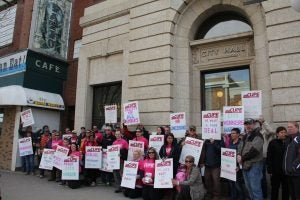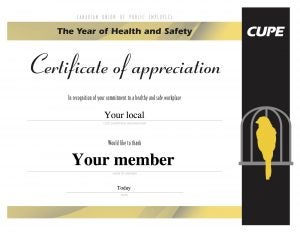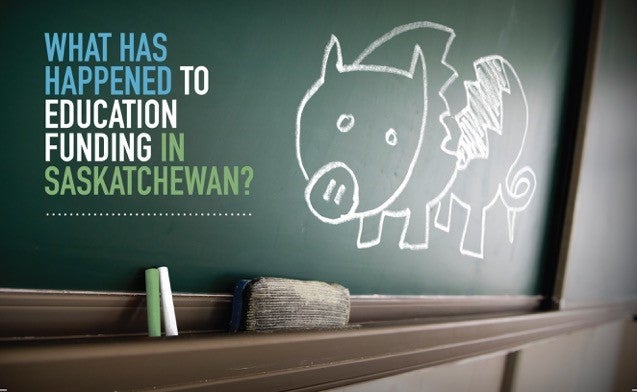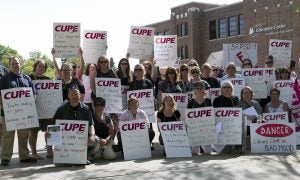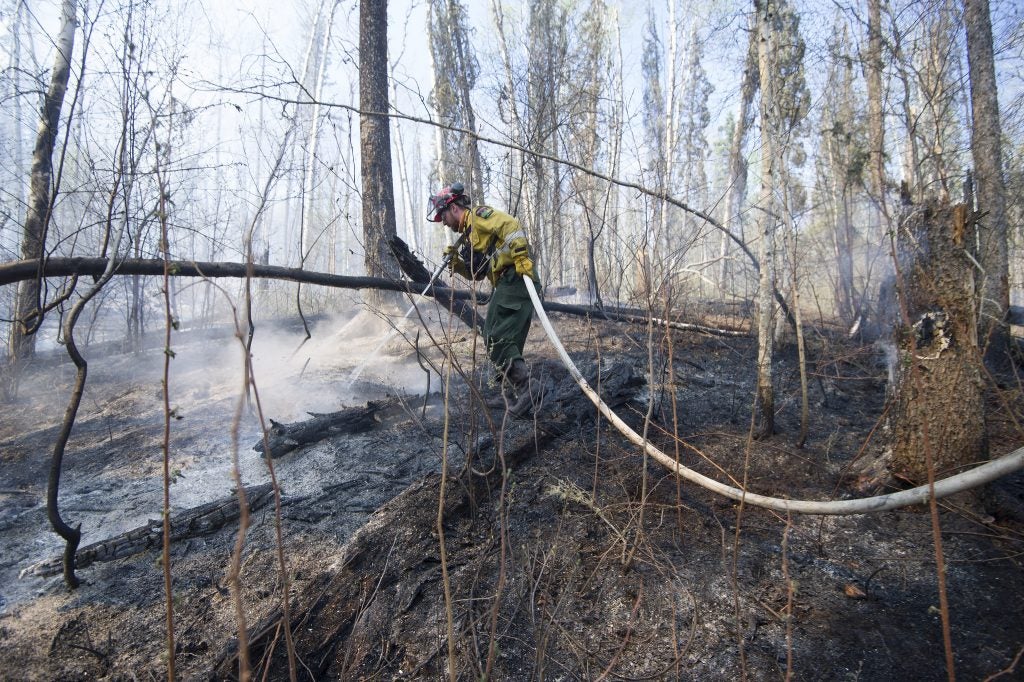Moose Jaw — The City of Moose Jaw has filed an application with the Labour Relations Board to remove 18 members of Local 9 from the bargaining unit. It is one of the first employers in the province to aggressively seek to use new provisions under The Saskatchewan Employee Act (SEA), which came into effect earlier this year and allows employers to try to remove workers with supervisory duties from the bargaining unit.
“Their announcement is creating a lot of stress and uncertainty for our members,” said Stacey Landin, president of the local. “People are worried about job security, about their benefits and wages, and what the future holds.”
The impacted positions range from accountants to recreation staff to water and waste water staff. This move by the city comes in the middle of a very tense round of conciliation. The local has a strong strike mandate from its membership, and the city is seeking serious concessions.

